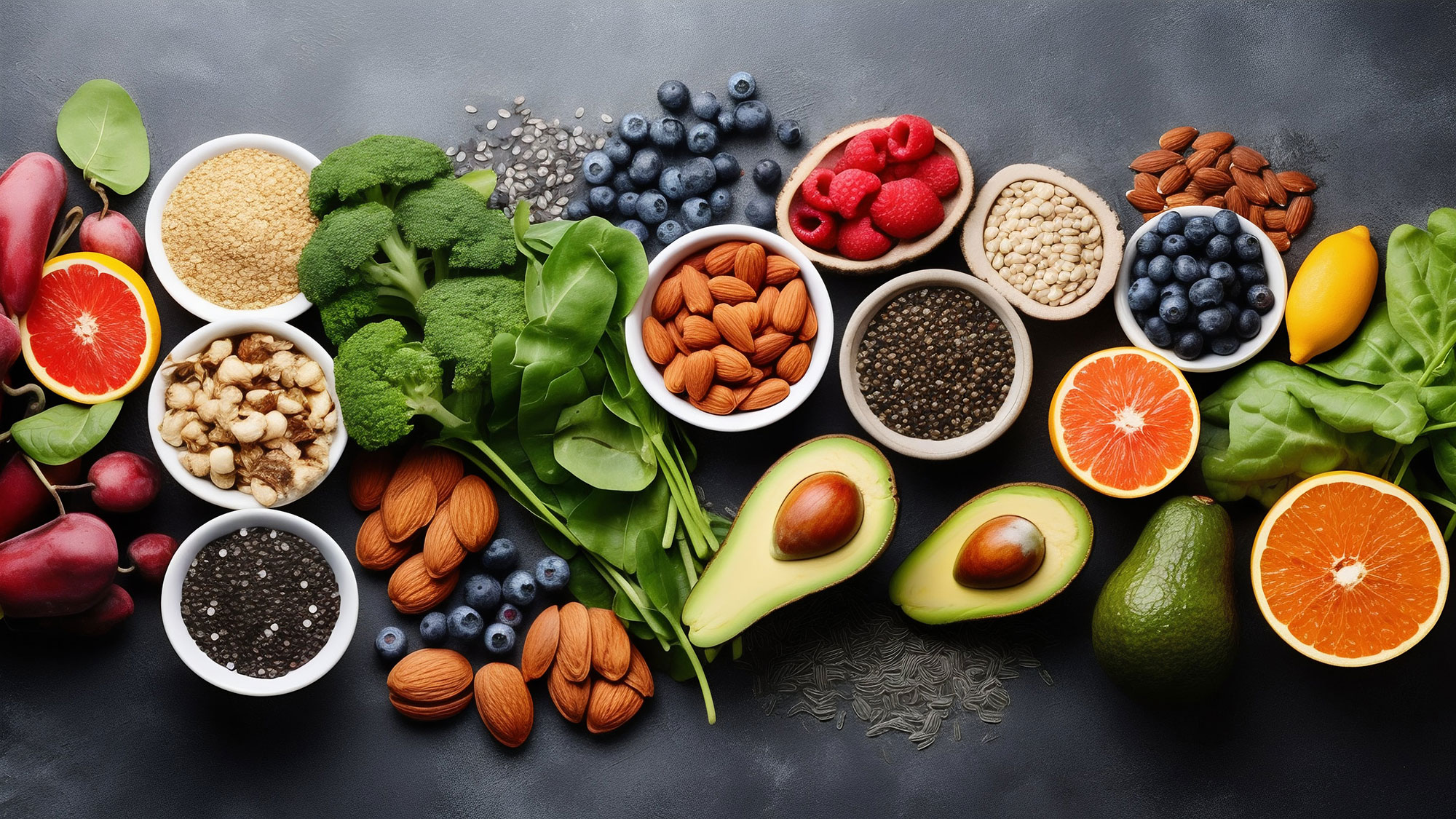
Key concepts for SLU Future Food
Our activities circulates around the food systems and perspectives of the future, sustainability and interdisciplinary research.
Futures perspective
SLU Future Food has the task of working with a futures perspective. Among other things, we have chosen address long-term sustainability challenges for the food system in platform's overall activities.
We also want to:
- Implement and analyze futures studies to create discussion and dialogue and to formulate research questions
- Together with SLU's other future platforms, SLU researchers are offered to learn more about futures studies and the ability to critically review them with the aid of courses and meetings
- Support SLU researchers in developing systems thinking
- Better be able to present the importance of research results from different time perspectives, making them more palpable for decision makers
Futures studies
Futures studies are a science that always seeks dialogue: what options can be imagined? What is possible, desirable or threatening? The perspective of futures studies is of course long-term, by developing futures scenarios and futures reports we extend the view. The purpose of futures studies is not to establish truths or to predict the future. Instead, futures studies point to alternatives and provide the basis for discussion and action.
Research Platform / Future Platform
Research Platform / Research Platform is the SLU organization for generating and communicating research on key future issues in ways that spans the line organization (faculties and institutions), as well as interact with external actors to achieve the goals.
Sustainability
Sustainability is defined as the UN does in the global goals of Agenda 2030 (for which SLU also works). "Sustainable development is development that meets the needs of the present without compromising the ability of future generations to meet their own needs." (UN World Commission on Environment and Development, 1987). There are three aspects of sustainable development: economic, ecological and social sustainability.
The food system
The food system is the term we choose to use instead of food chain, food cycle or similar. The food system includes all processes and infrastructure needed to provide the population with food. It includes land use, primary production, processing, packaging, distribution, marketing and sales as well as cooking, consumption and waste management. The food system operates and is influenced by social, political and economic contexts. Sustainability refers to ecological as well as economic and social sustainability.
Cross-disciplinarity
One of the most important aims for the SLU Future Food platform is to develop cross-disciplinary working methods by initiating and facilitate collaborations across scientific disciplines.
In order to acheive this we will stimulate multi-, inter- and transdisciplinary research by:
- Making research and researchers at SLU within the area ”a sustainable food system” visible within and outside SLU
- Provide opportunities to meet across disciplinary boarders to facilitate new collaborations
- Provide short courses, workshops and seminars for SLU staff in order to broaden their knowledge in cross-disciplinary research
- Provide stimulus for cross-disciplinary applications
What do we mean by cross-disciplinary research?
Multi- inter-, and transdisciplinary research is here defined as research that comprises theory, method or research approaches from more than one scientific discipline or fields of research. In multidisciplinary research the different theories, methods or approaches are used side by side, and in interdisciplinary research they are, at least to some extent, integrated. Transdisciplinary research is distinguished in its recognition and inclusion of other types of knowledge than scientific knowledge, such as practice and experience based knowledge and knowhow.